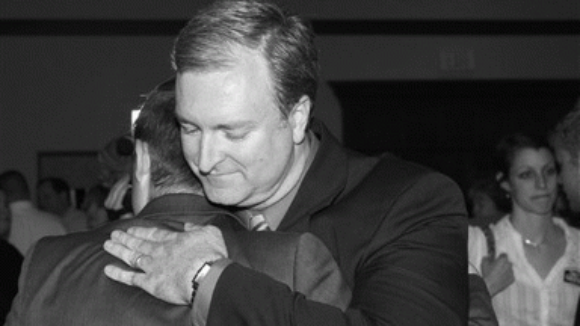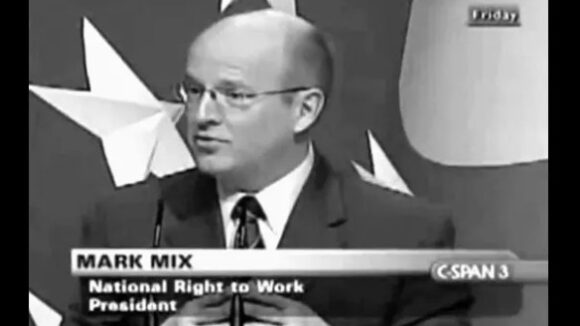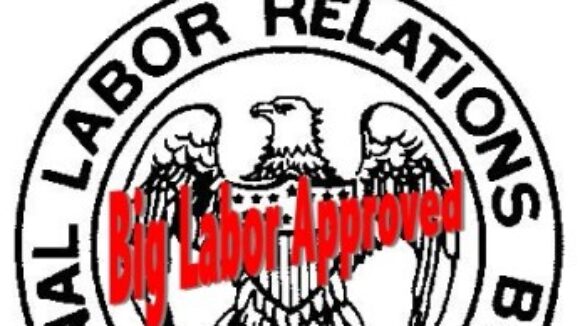Becker in Hot Water
The National Right to Work Committee led the effort to block the appointment of radical SEIU-water carrier Craig Becker to the National Labor Relations Board. It now appears Becker has crossed the ethical line and is under investigation. From the Washington Examiner: When it comes to President Obama and Democrats on Capitol Hill, what Big Labor wants, Big Labor gets. Unions spent $400 million electing Democrats in 2008, so they demanded to select which fox gets to guard the henhouse overseeing organized labor. In the least surprising news of the week, Craig Becker -- Big Labor's go-to legal expert -- has served on the National Labor Relations Board (NLRB) for barely three months, and he's already under investigation. Becker lost a bipartisan Senate confirmation vote for the NLRB before Obama gave him a recess appointment. Becker is so pro-union he previously opined that "employers should have no right to be heard" in cases before the NLRB.



